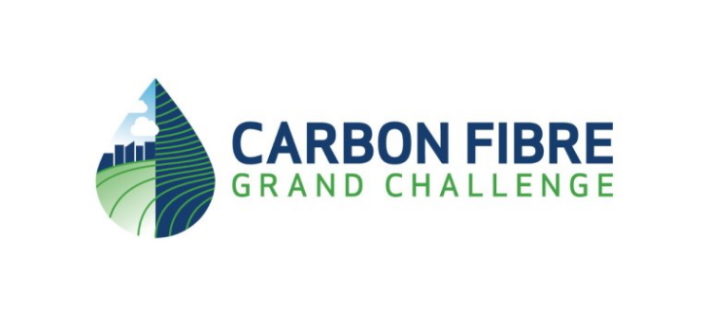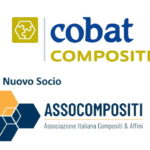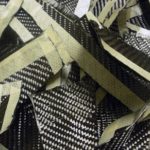Alberta Innovates is launching a major new clean technology initiative called the Carbon Fibre Grand Challenge, a $15-million international competition to accelerate the development of carbon fibre from bitumen in Alberta.
An initiative to convert bitumen in carbon fibre
This is part of a broader Alberta Innovates initiative called Bitumen Beyond Combustion to advance the development of non-combustion products and production technologies derived from bitumen contained in Alberta’s oil sands. The oil sands are among the world’s largest hydrocarbon resources with proven reserves of approximately 170 billion barrels.
The Carbon Fibre Grand Challenge is directed toward funding technologies and projects that can convert bitumen or asphaltenes into carbon fibre. Notoriously, the high strength and stiffness of carbon fibre make composites functionally superior to many conventional materials used in the transportation, infrastructure, construction and consumer product sectors. Asphaltenes are organic molecules found in bitumen that are commonly used in asphalt.
“Bitumen Beyond Combustion and the Carbon Fibre Grand Challenge aim to produce large-volume, high-value, non-combustion products from bitumen. It has the potential to shift the oil sands industry toward value creation and significantly enhance sustainability in a low-carbon emission economy”, says John Zhou, Vice President, Clean Resources, Alberta Innovates.
The challenge
Applications are expected from Canada, the United States, Europe and Asia. The challenge will consist of three phases which will wrap up at the end of 2024. Three grand prizes of $3 million will be awarded to the winners who will be required to produce more than 10 kg of carbon fibre per day, with a line of sight to scale production to more than 250 tonnes per day.
The Carbon Fibre Grand Challenge is open to technology developers, industry (including small medium and large size enterprizes), industrial associations, research and development (R&D) organizations, post-secondary institutions, not-for-profit organizations, and government research labs, providing they are legally able to execute the Investment Agreement (link in Resources section below). Applicants are not required to be based in Alberta but must demonstrate a clear value proposition for the province.
Deadline
The deadline for applications has been extended from April 7th to April 28th due to current global circumstances.
For more information and for program details: https://albertainnovates.ca/programs/carbon-fibre-grand-challenge/












